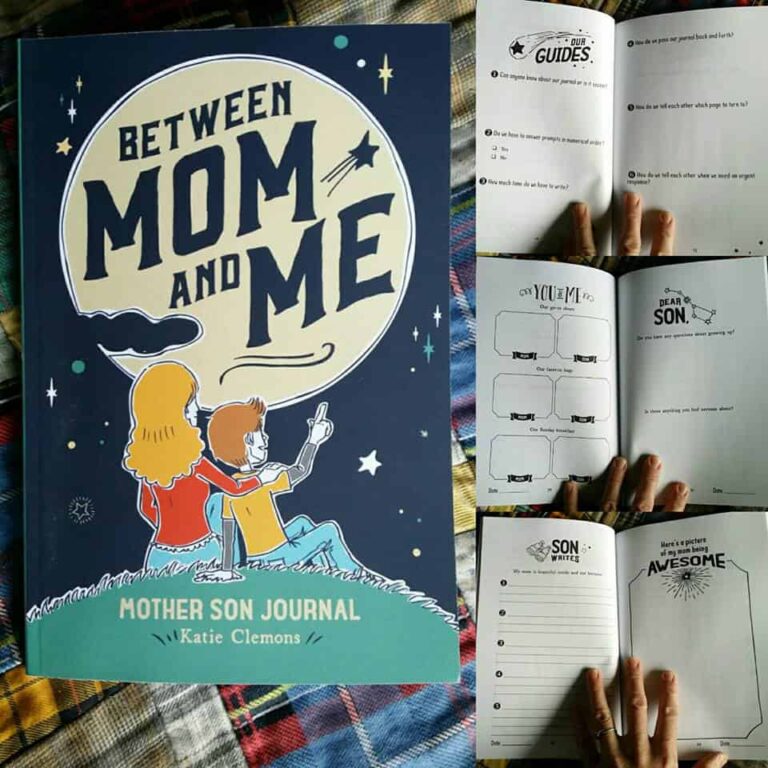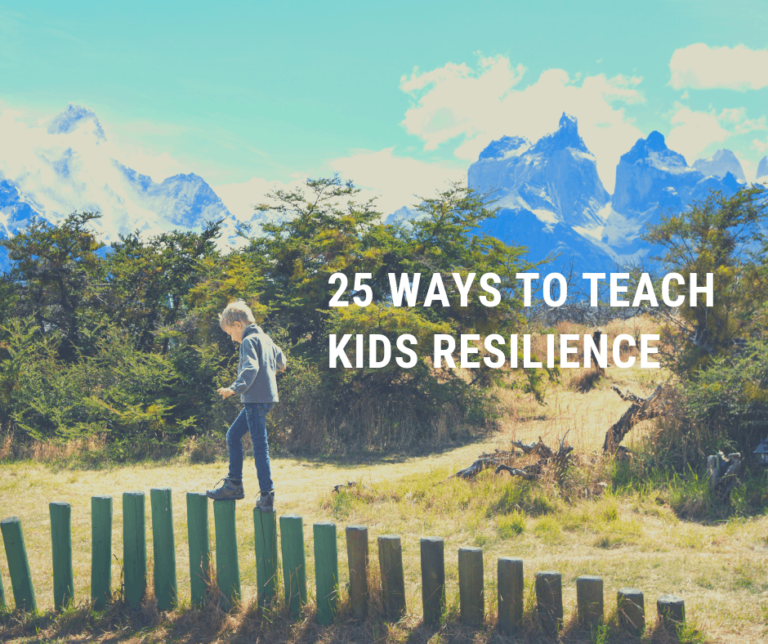
[ad_1]
Probably it’s an innocent comment like, “Ewww, Mama,your breath stinks, don’t kiss me!” or probably it’s an indignant outburst – title calling and slammed doorways. Some points are arduous to not take personally.
Do you ever find yourself contemplating or saying any of the following?
- You make me so indignant correct now!
- Why are you doing this to me?
- Can not he see he’s hurting me?
- I can’t think about he’s treating me this style! He’s so ungrateful!
If these concepts are arising, you’ve acquired a reasonably good indication you’re taking your child’s conduct personally. This means you wind up feeling harm and indignant. The next issue you perceive, you’re in an affect wrestle collectively along with your toddler, in any other case you are saying stuff you swore you’d under no circumstances say to them – trying to utilize guilt or shame to get them to behave one of the best ways you want them to.
Taking conduct personally makes it rather a lot harder to stay calm, rather a lot a lot much less think about choices and be a pacesetter. The good news is there are environment friendly strategies to detach out of your child’s conduct so that you could be be the guardian you want to be.
How Can I Maintain Calm When They’re Driving Me Nuts?
First off, give your self somewhat little bit of a break. You is perhaps really not the first explicit particular person whose toddler has gotten on their nerves.
Getting on their dad and mother’ nerves reveals children they’ve the power to make their dad and mother react. Even when the response is damaging, that vitality is a giant motivator. This means children have a knack for finding exactly what buttons to push to get the strongest reactions from their dad and mother. So – what can you do about it?
5 Strategies for Not Taking Your Child’s Conduct Personally:
1. It helps to don’t forget that conduct is communication.
Kids are youthful. They don’t have your years of experience dealing with frustration, concern, or anger; and they also sometimes have far fewer sources for coping with these enormous emotions. This means sometimes they particular their emotions inappropriately by the use of their conduct. Must you check out the conduct as a form of communication you’ll get curious and start to find out what’s inflicting it.
2. Change into accustomed to your anger triggers.
What actions, phrases, or exterior circumstances usually tend to get beneath your pores and pores and skin fast? These are your important anger triggers. As you uncover these triggers, you might probably take steps to forestall them, or make plans for learn how to deal with them in the end.
3. Pause.
There are VERY FEW behaviors that require fast movement. Usually you could’t depart the room for your private non-public outing, nevertheless you could most likely flip away, or on the very least shut your eyes as you’re taking a deep breath. Must you’re very indignant, it’s helpful to pause, catch your self sooner than exploding, after which merely state: “I’m too indignant to discuss this correct now.”
You can wait out the fast storm and work on draw back fixing and educating once you’re additional calm. Kids will take into accout your occasion of coping with anger, and they also’ll be far more receptive to learning from you as soon as they are not afraid of your rage.
4. Ask your self, ‘The place is that this coming from for me?’
When you uncover you’re taking your child’s conduct personally, it’s a good time to do some detective work. What are you feeling? When have you ever ever felt like this sooner than? What story are you listening to in your head about this conduct or these phrases? You will not know the options immediately, nevertheless investigating can help you understand why you are feeling so deeply in these moments. You can obtain far and possibly uncover a brand new method of seeing points.
5. Change your inside script.
When you uncover a thought like, “Why is he doing this to me!?” try altering it to: “I am questioning what he needs from me correct now?” In her e guide Assured Dad and mother, Excellent Kids, Bonnie Harris explains, “To affect our child’s conduct, his inside state ought to first be understood, then accepted, then addressed.” Kids who’re ‘misbehaving’ are pressured attributable to an unmet need. By fascinated by what they might need, we switch away from taking their conduct personally and switch once more into being their loving guardian and knowledge.
All of these strategies take observe and inside work. Try and be affected particular person along with your self and, if attainable, uncover the assistance of various nonjudgmental dad and mother who’ve been there. Usually, even should you can not resolve or change what’s occurring, on the very least you may even see that you just’re not alone and hopefully uncover just a bit humor and perspective.
Alissa Zorn is an creator, and founding father of the site Overthought This. She’s a coach and cartoonist obsessive about serving to people overcome perfectionism and shame to assemble real, joyful lives. Alissa is licensed by the use of the Worldwide Coach Federation and bought her Trauma-Educated Instructing certification from Transferring the Human Spirit. She wrote Bounceback Parenting: A Self-discipline Data for Creating Connection, Not Perfection, and is on a regular basis following curiosity to hunt out her subsequent creative endeavor.
[ad_2]
Provide hyperlink






